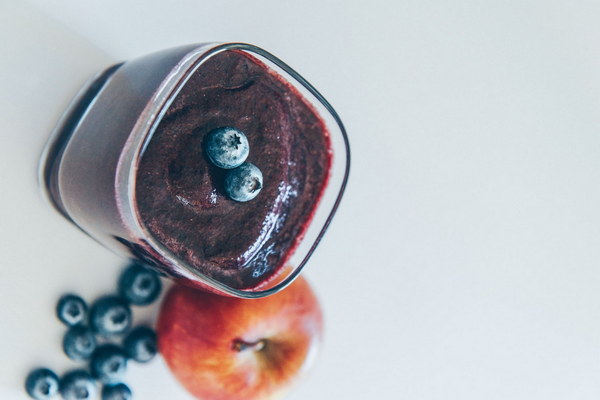Natural Remedies and Lifestyle Adjustments for Dry Eyes A Guide to Optimal Eye Health
Introduction:
Dry eyes, also known as keratoconjunctivitis sicca, is a common condition characterized by insufficient tears to keep the eyes lubricated, leading to discomfort, irritation, and blurred vision. In this article, we will explore natural remedies and lifestyle adjustments that can help alleviate the symptoms of dry eyes and promote optimal eye health.
1. Drink plenty of water:
One of the simplest ways to combat dry eyes is to stay hydrated. Water helps maintain the balance of tears in your eyes. Aim to drink at least eight glasses of water per day to keep your body and eyes properly hydrated.
2. Use artificial tears:
Artificial tears can provide immediate relief from dry eyes by mimicking natural tears. Apply them as needed throughout the day to keep your eyes moist.
3. Adjust your environment:
Dry air can exacerbate dry eyes. Try to minimize exposure to air conditioning, heating, and fans, especially in the winter months. Consider using a humidifier in your home or office to add moisture to the air.
4. Wear sunglasses:
Protect your eyes from wind, dust, and UV rays by wearing sunglasses when outdoors. This will help reduce the evaporation of tears and prevent irritation.
5. Avoid irritants:

Certain substances can contribute to dry eyes, such as smoke, dust, and chemical fumes. Minimize exposure to these irritants as much as possible.
6. Blink more often:
Blinking helps distribute tears across the surface of the eye. When you focus on a computer screen or read for extended periods, you may blink less frequently. Try to blink more often to keep your eyes moist.
7. Use warm compresses:
Applying a warm compress to your closed eyelids can help stimulate tear production. Soak a clean washcloth in warm water, wring it out, and place it over your eyes for several minutes several times a day.
8. Eat a balanced diet:
A diet rich in omega-3 fatty acids, antioxidants, and vitamins can help support eye health. Include foods like fish, nuts, seeds, leafy greens, and fruits in your diet.
9. Manage your medications:
Some medications, such as antihistamines, decongestants, and certain antidepressants, can contribute to dry eyes. If you're experiencing dry eyes and taking these medications, discuss alternative options with your healthcare provider.
10. Consult an eye care professional:
If you have severe dry eyes or if your symptoms don't improve with home remedies, it's essential to consult an eye care professional. They can provide a diagnosis and recommend appropriate treatments, such as eye drops or lifestyle changes.
Conclusion:
Dry eyes can be a frustrating and uncomfortable condition, but there are several natural remedies and lifestyle adjustments that can help alleviate symptoms and promote optimal eye health. By staying hydrated, using artificial tears, adjusting your environment, and eating a balanced diet, you can take steps to manage dry eyes and maintain healthy eyesight. Remember to consult an eye care professional if your symptoms persist or worsen.









